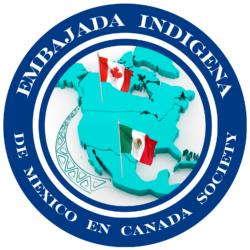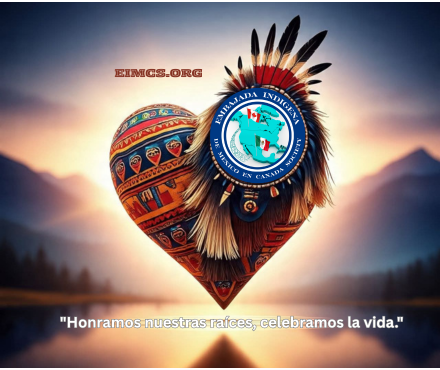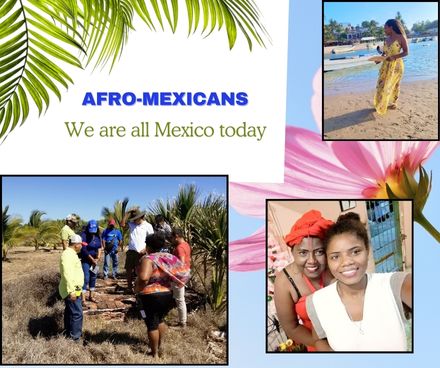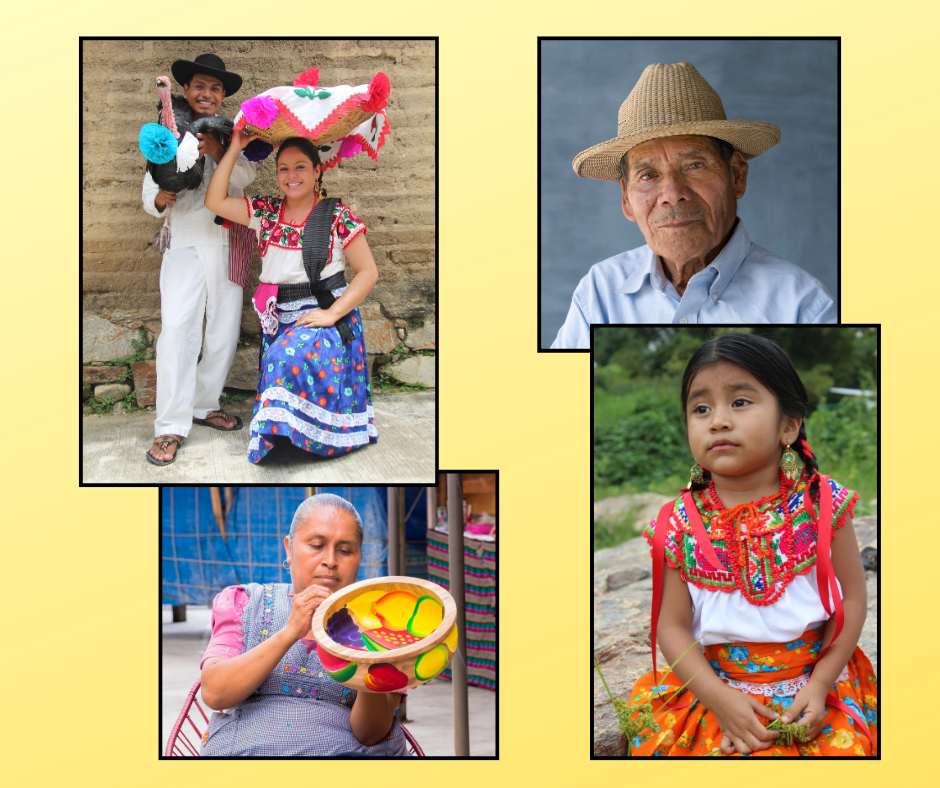Let food be thy medicine, and medicine be thy food. "Hippocrates"
![]()

The importance of medical, mental, and overall well-being for Indigenous communities lies in its deep connection to their cultural identity, traditional ways of life, and relationship with the natural environment. This can be understood through several key aspects:
1. Medical Health
- Access to Services: Indigenous communities often face barriers such as geographic isolation, economic challenges, and cultural differences that limit their access to quality healthcare. Delayed or inadequate care can exacerbate preventable diseases and increase mortality rates.
- Respect for Traditional Medicine: For many Indigenous peoples, physical health is inseparable from their traditional medicinal practices, which combine ancestral knowledge and natural resources. Recognizing and respecting these practices is vital for their physical and cultural well-being.
- Disease Prevention: Socioeconomic conditions and lack of basic infrastructure increase the vulnerability of Indigenous communities to communicable and chronic diseases.
2. Mental Health
- Impact of Colonialism and Discrimination: Historical trauma, forced displacement, marginalization, and the loss of ancestral lands have led to high levels of stress, depression, and intergenerational trauma in many Indigenous communities.
- Spiritual Connection: For Indigenous peoples, mental health is deeply tied to spirituality and their relationship with nature. Caring for the land is not only a way of life but also a source of emotional balance.
- Fostering Resilience: Culturally appropriate programs that respect traditional ways of coping with stress and trauma can strengthen community identity and cohesion.
3. Holistic Well-Being
- Indigenous Worldview: For many Indigenous cultures, well-being is not confined to individual health but includes harmony within the community, the environment, and the cosmos. This calls for a holistic approach to health.
- Nutrition and Sustainability: Traditional agricultural and fishing practices provide not only healthy food but also form a vital part of their physical and cultural well-being.
- Cultural Autonomy: Ensuring the preservation of Indigenous traditions, languages, and practices is crucial for their emotional and social well-being.
Global Significance
Prioritizing the medical, mental, and overall well-being of Indigenous communities is not just a matter of social justice but also an essential commitment to preserving ancient knowledge and cultural diversity. Their health and well-being are critical for global social and environmental balance, as these communities are stewards of territories rich in biodiversity and ancestral wisdom that are invaluable in addressing global challenges like climate change.

Support Indigenous Health in Mexico – Together, We Can Make a Difference
The Indigenous Embassy of Mexico in Canada is committed to transforming lives in Mexico’s Indigenous communities through critical health initiatives. These communities, rich in culture and tradition, face significant challenges in accessing basic medical care, mental health support, and overall wellness resources.
Your generosity can spark hope and healing. With your support, we aim to:
🌱 Provide essential medical supplies and services to remote areas.
🧡 Promote mental health awareness and care, respecting Indigenous traditions.
🌍 Preserve and integrate ancestral knowledge into health and wellness programs.
Every donation, no matter the size, is a step toward equity, dignity, and well-being for these resilient communities. Let’s honor their legacy and empower their future.
Your kindness has the power to save lives. Please join us in building a healthier tomorrow for Indigenous peoples in Mexico.
Donate today and be part of this transformative journey.
Together, we can bridge the gap and create a world where everyone thrives.
Thank you for standing with us. Thank you for standing with them.
With gratitude,
The Indigenous Embassy of Mexico in Canada





